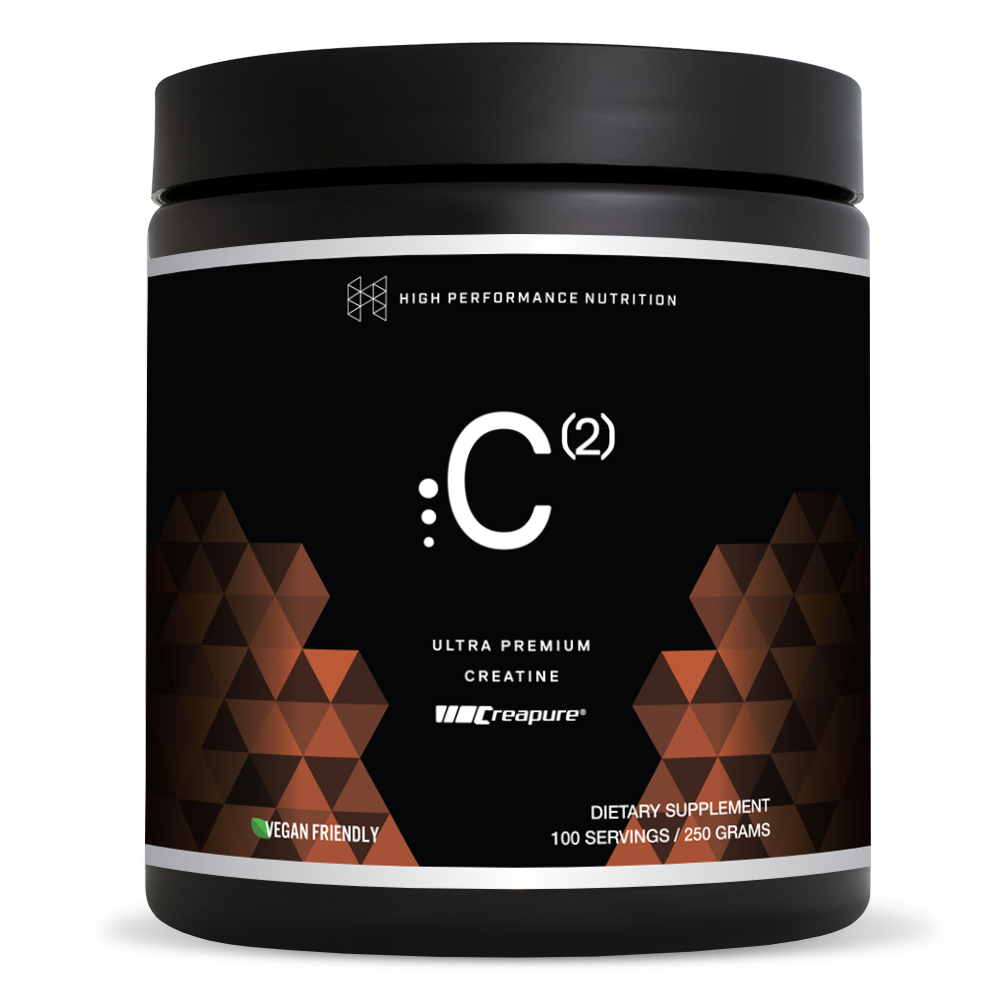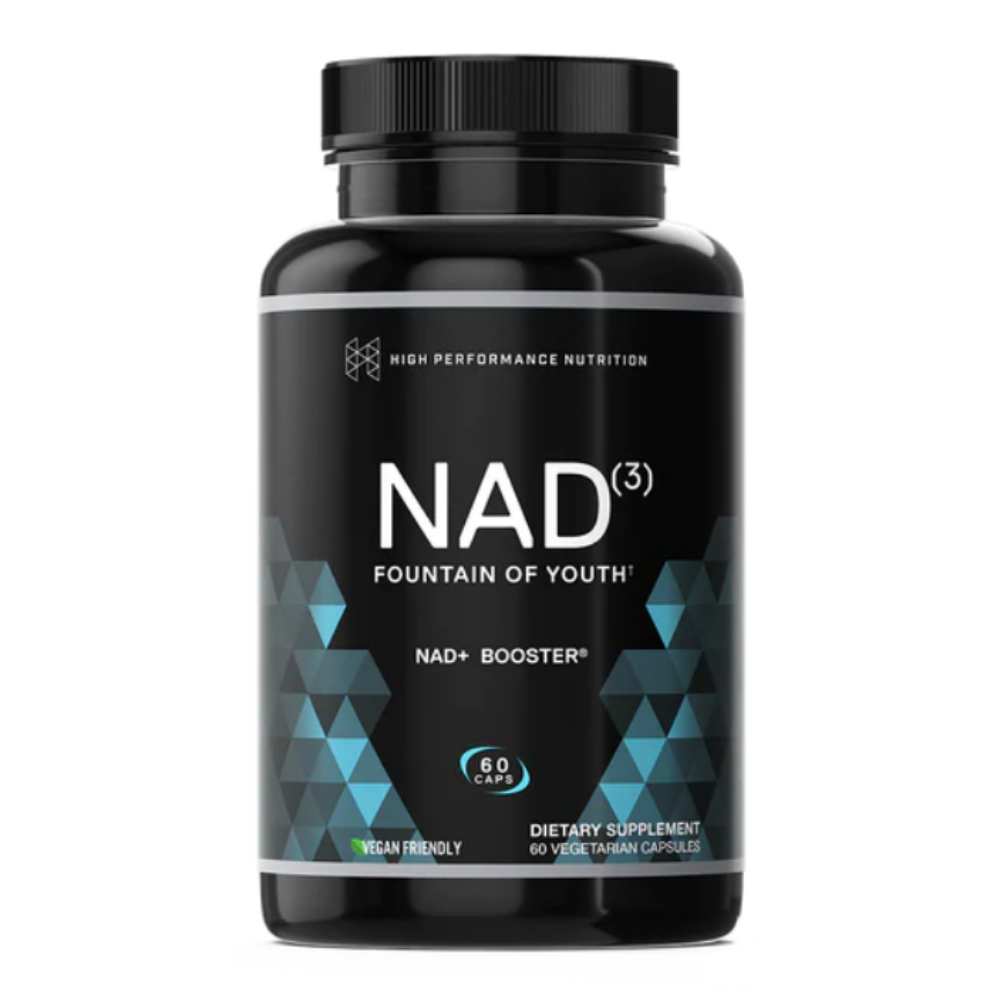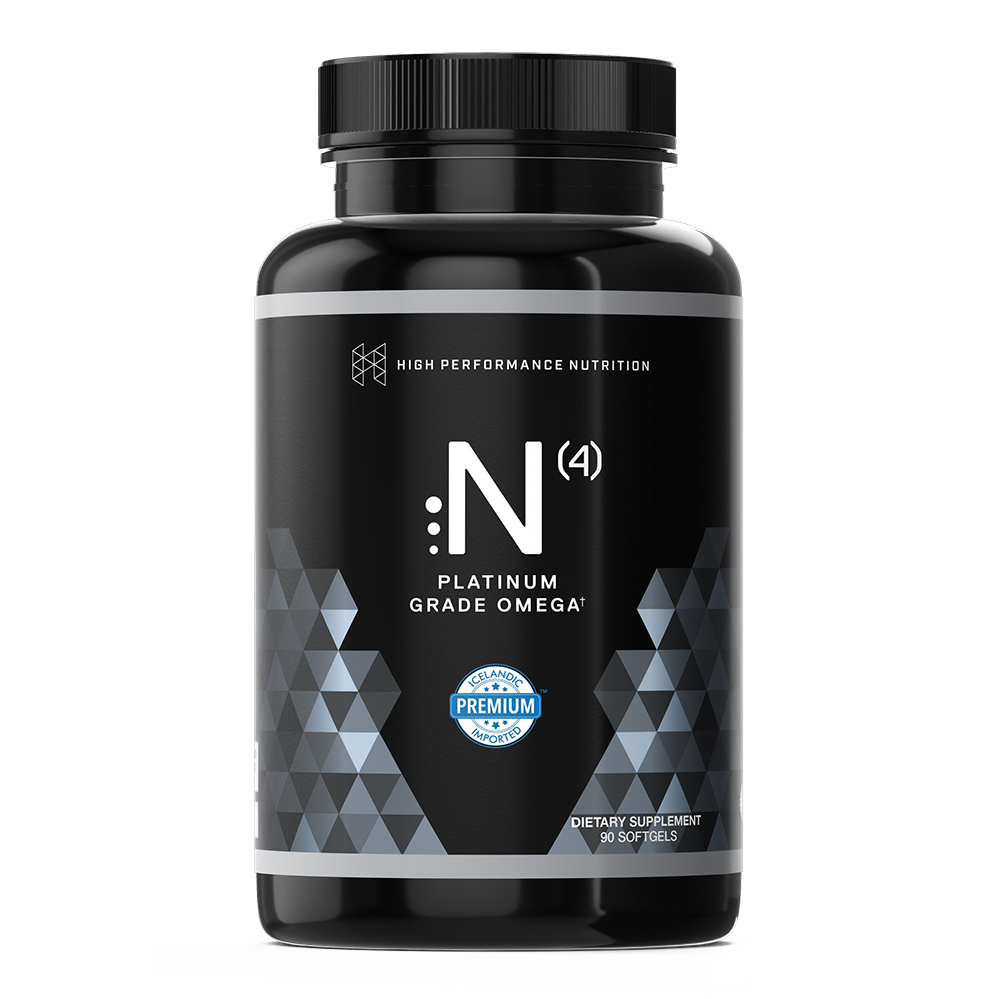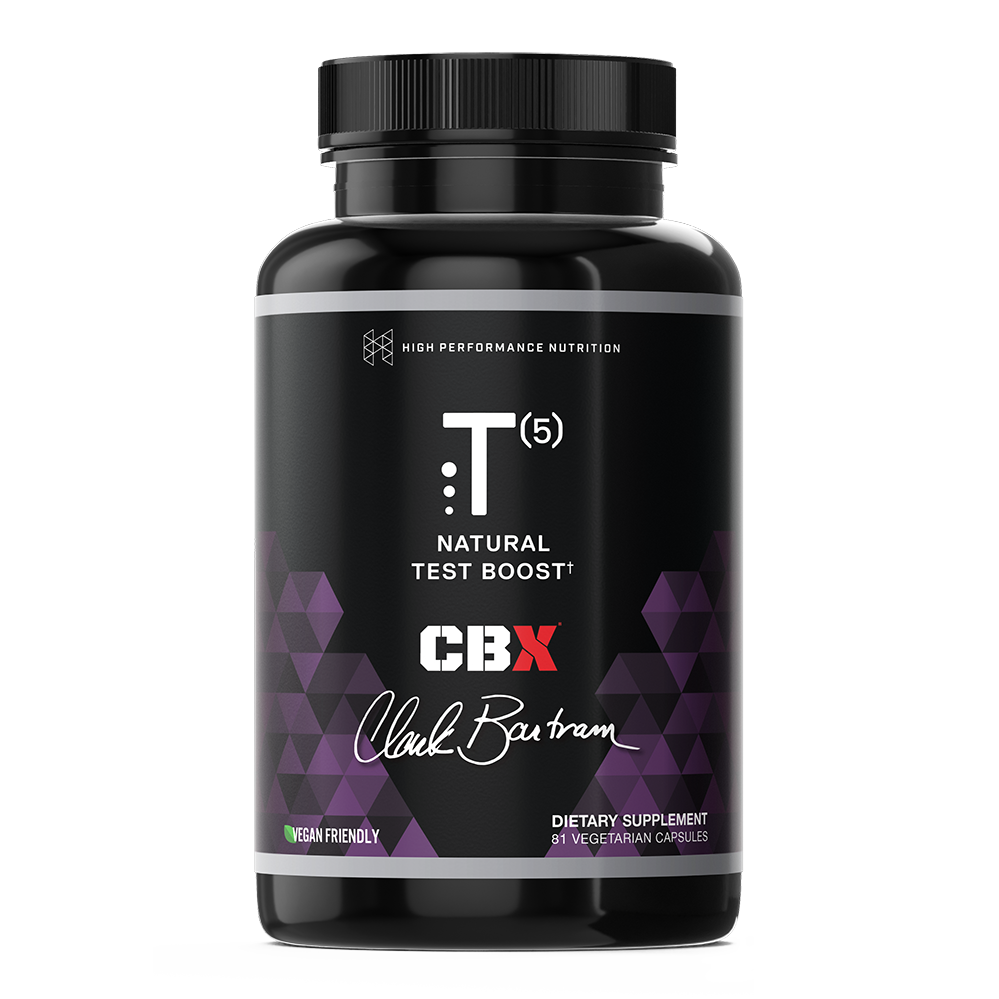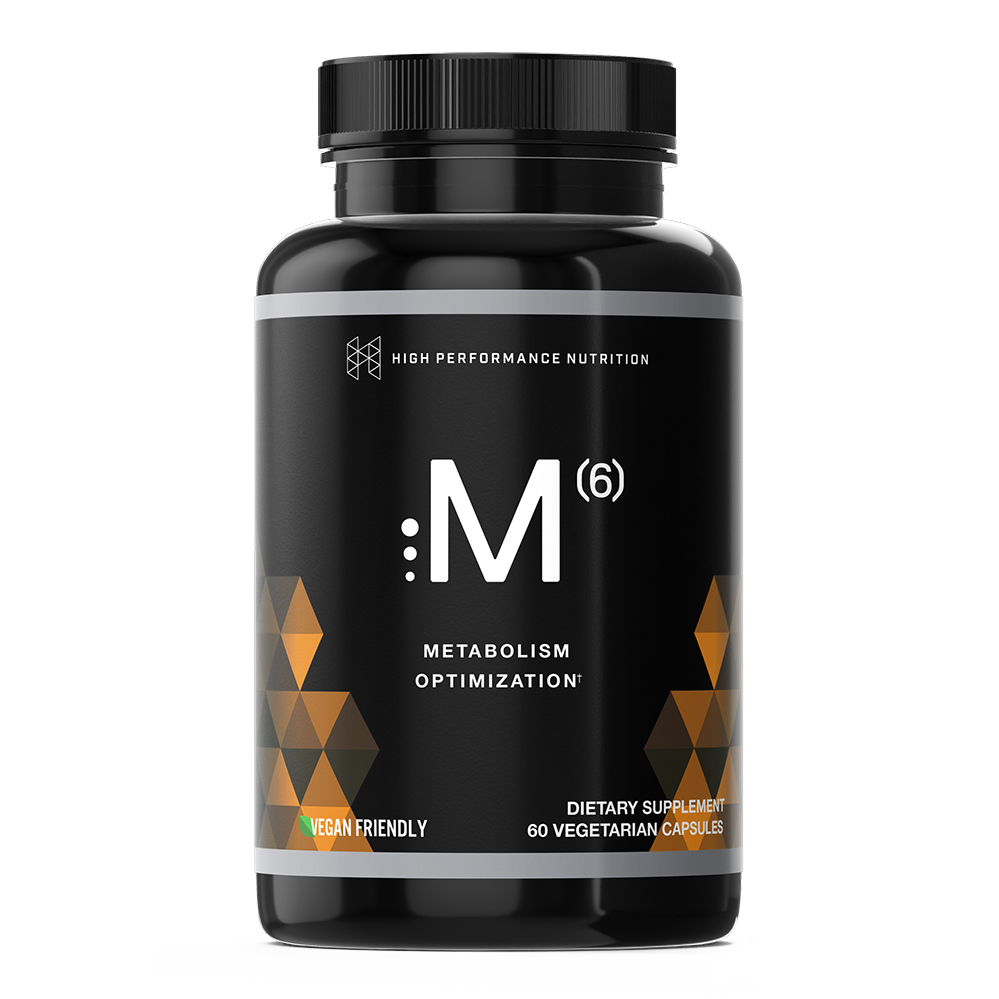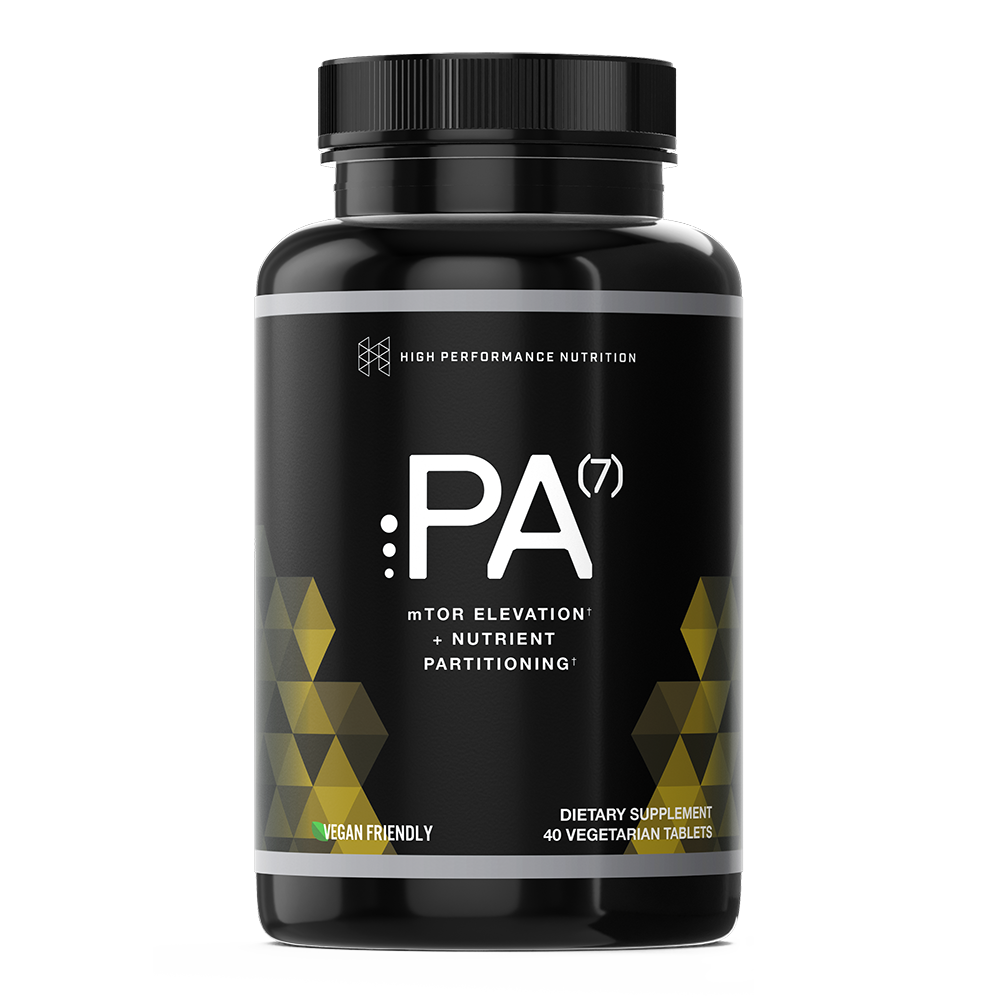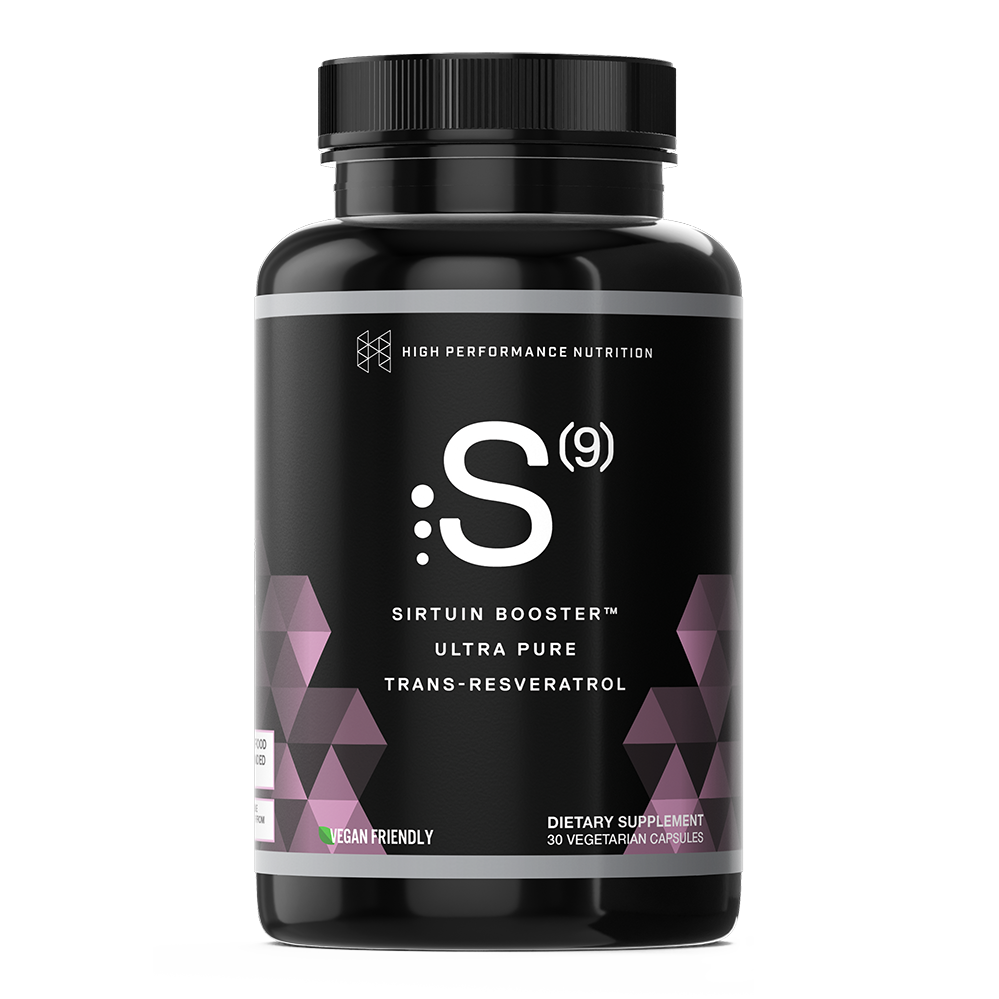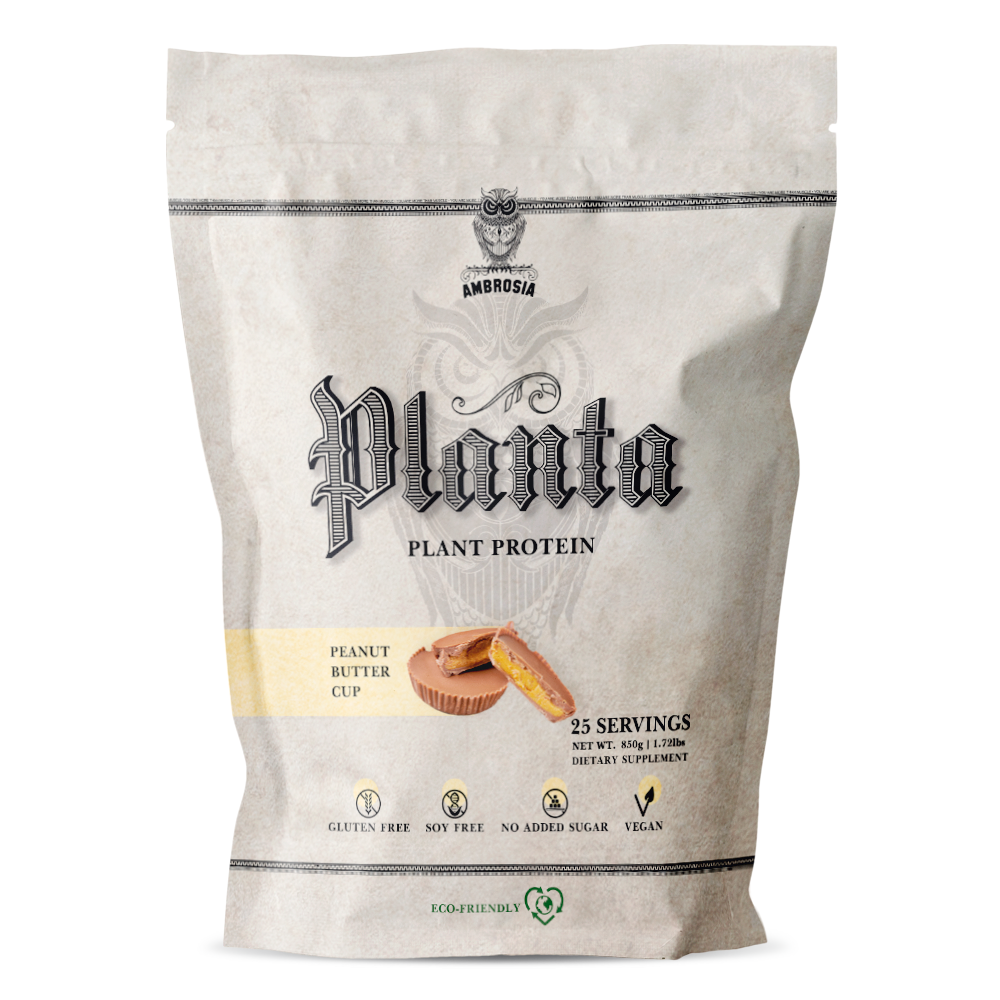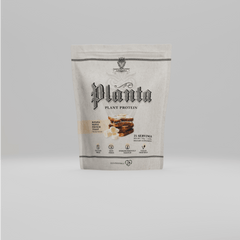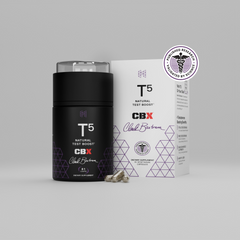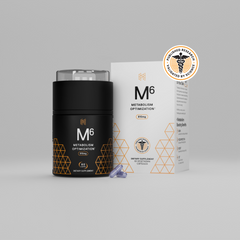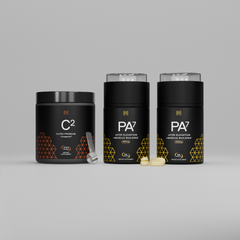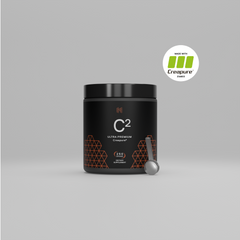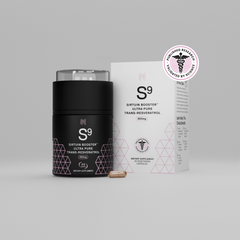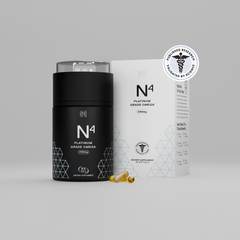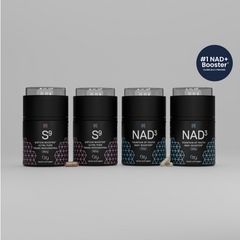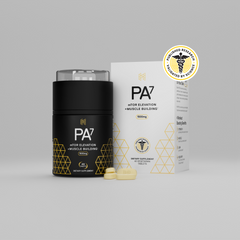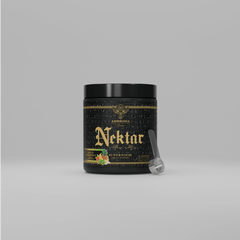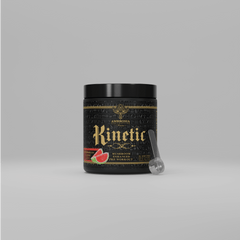NAD+ is Doing More Than You Think
April 04, 2025
What If We’ve Been Thinking About Cancer All Wrong?
For decades, we’ve been told that cancer is the result of genetic mutations—bad luck, bad genes, and DNA gone rogue.
But a fascinating yet controversial theory is rapidly gaining traction in the scientific community…
Instead of blaming mutations, this new theory points the finger somewhere else entirely: Your mitochondria—the tiny power plants inside your cells that produce energy.
It’s called the Metabolic Theory of Cancer, and once you hear the logic behind it, it’s hard to ignore
The Mitochondrial Breakdown
Every cell in your body has mitochondria. Their job? Convert the food you eat into clean, usable energy.
That energy powers everything—your brain, your immune system, your muscles, your metabolism, and even your ability to repair DNA.
But when mitochondria become damaged—whether through aging, inflammation, oxidative stress, or environmental toxins—something dangerous starts to happen.
The cell panics.
It switches to a backup method of energy production called fermentation—a process that burns sugar (glucose) instead of fat and doesn’t require oxygen.
Here’s the catch: That’s the exact energy system that cancer cells use.
So instead of clean, controlled growth and repair…
You get chaotic energy, runaway cell division, and cellular confusion.
The Core Idea: It’s Not Bad DNA—It’s Bad Energy
The Metabolic Theory of Cancer proposes this sequence:
-
First, mitochondria become damaged and dysfunctional.
-
Then, cells switch to a fallback energy system (fermentation).
-
That energy instability creates inflammation and leads to uncontrolled growth.
-
DNA damage becomes a symptom, not the cause.
This flips the conventional model on its head. Instead of starting with the question, “What mutated the DNA?”—we now ask:
“What caused the cell to stop making energy correctly in the first place?”
Why NAD+ Matters (and Why You Should Care)
If mitochondria are the engines of the cell, NAD+ is the spark that keeps them running.
Without it, energy production slows. Cellular repair stalls. And oxidative stress begins to pile up.
The problem? As we age, our NAD+ levels naturally decline.
Less NAD+ means less energy, more inflammation, and reduced ability to bounce back from cellular damage.
That’s where NAD3® comes in.
It’s designed to support healthy NAD+ levels naturally—so your cells stay fueled, functional, and protected. And if you’ve been using NAD3® consistently, you’ve been doing a lot more than improving energy.
You’ve been supporting the very part of your body that keeps your cells from becoming dysfunctional in the first place.
The Bigger Picture: Aging, Disease & Prevention
This research doesn’t just change how we look at cancer. It changes how we look at aging and chronic disease altogether.
Because if mitochondrial dysfunction is the starting point—not just for cancer, but for inflammation, fatigue, hormonal imbalance, and brain fog—then supporting mitochondrial health may be the most underrated key to long-term vitality.
That’s why NAD+ matters. That’s why NAD3® matters.
And that’s why your daily health habits—what you eat, how you move, how you recover—matter more than ever.
You’re reinforcing the deepest level of human health—cellular resilience. You’re feeding the part of your body that keeps everything else running cleanly, quietly, and powerfully.
And in a world that’s just starting to understand the importance of mitochondrial function… You’re already ahead of the curve.
To your health,
The High Performance Nutrition Team
